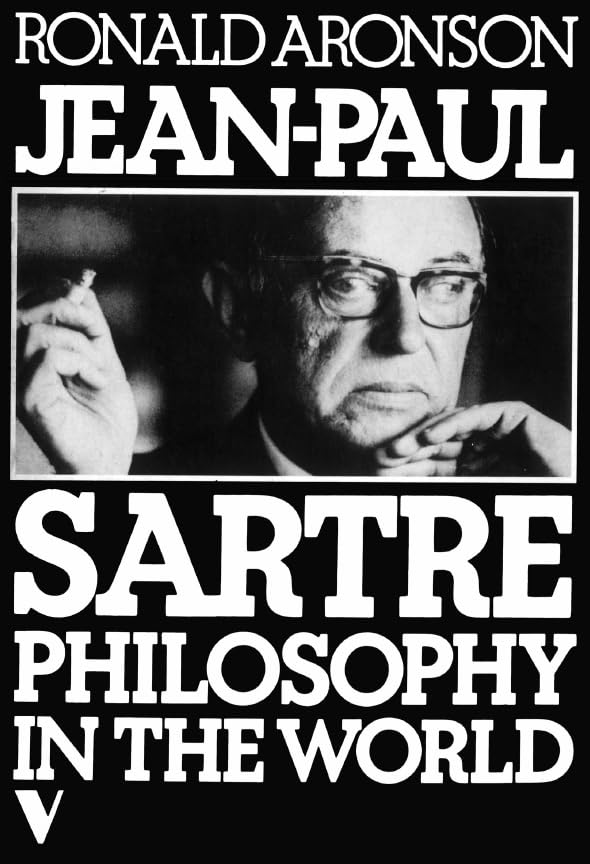
Categorii: Necatalogate, Neclasificate
Limba: Engleza
Data publicării: 1980
Editura: Verso Books
Tip copertă: Paperback
Nr Pag: 358
ISBN: 9780860910329
Dimensiuni: l: 13.5cm | H: 20.2cm | 2.8cm

No post-war philosopher acquired such world-wide fame as Jean-Paul Sartre, or occupied such a commanding position within the difficult history of the European Left after the war. Yet the very scale and variety of Sartre's writings has rendered an informed and balanced judgement of his achievement difficult.
Ronald Aronson's book seeks to provide a set of keys to an overall understanding of it. After describing the historical and cultural conditions in which Sartre was formed in France, it proceeds to an analysis of his first text on The Imagination, and the evolution that led to Nausea and Being and Nothingness. Discussing the role of art's salvation in the work of this period, Aronson goes on to show how Sartre's theory of literature after the Liberation was the hinge of his transition from existentialism to socialism. He then assesses the actual results of Sartre's political commitment, as a dramatist and an essayist in the '50s and '60s.
There follows the most cogent critical reflection on the Critique of Dialectical Reason yet to have been written-one which includes, for the first time anywhere in the world, an account of the unpublished second volume of the work, largely on the history of the USSR.
Finally, Aronson surveys the miniature autobiography Flaubert, which formed the summum of Sartre's career. Jean-Paul Sartre: Philosophy of the World is a tour de force of interpretative insight.